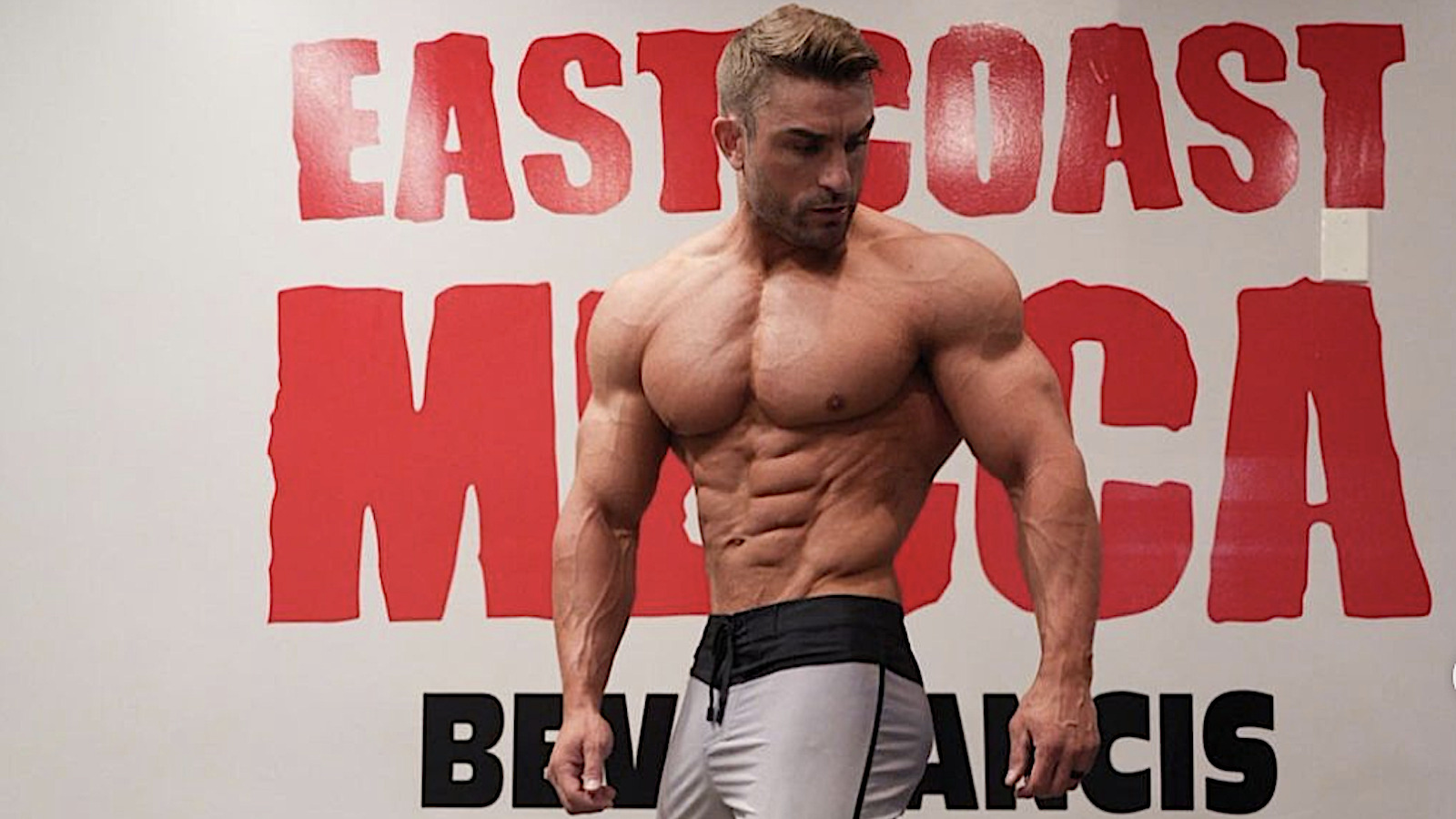In a recent video, Coach Greg expresses his concerns about the IFBB’s decision to implement height and weight categories in the men’s physique division. According to Coach Greg, this decision is not only misguided but will also backfire in achieving its intended goals. In this article, we will delve into Coach Greg’s video and examine the flaws in the IFBB’s approach.
Coach Greg emphasizes that the main objective of implementing height and weight categories in men’s physique is to prevent athletes from becoming too big. However, he argues that the IFBB’s approach is flawed because it jumps to quick solutions without thoroughly considering their effectiveness. Coach Greg believes that simply imposing height and weight limits will not address the underlying issue and will, in fact, lead to unintended consequences.
Coach Greg proposes an alternative approach to address the issue of men’s physique athletes becoming excessively large. He suggests introducing a muscle model competition or a beach model category, where judging criteria would be based not only on physique but also on aesthetic appeal. In this scenario, judges would have varying preferences, and the final scores would reflect a diverse range of opinions, ensuring fairness and objectivity.
Coach Greg raises concerns about the consistency and impartiality of judging in the men’s physique division. He argues that the head judge’s placement of competitors on stage influences the other judges’ perceptions, leading to biased decision-making. This bias tends to favor the biggest and most shredded athletes, neglecting other essential aspects of a well-rounded physique. Coach Greg suggests that judges should be encouraged to assess competitors based on their individual opinions rather than adhering to a preconceived notion of the ideal physique.
One of Coach Greg’s primary criticisms is the discrepancy between the height and weight restrictions imposed on men’s physique competitors and the lack of such restrictions in other divisions, such as women’s bikini, wellness, and physique. He questions the fairness of forcing men to adhere to specific limits while allowing women to compete without any height or weight restrictions. Coach Greg asserts that this incongruity undermines the integrity and equality of the competition.
Coach Greg points out the potential negative consequences of enforcing strict height and weight limits in men’s physique. He predicts that athletes will resort to extreme measures, such as severe dehydration and the misuse of diuretics, to meet these weight requirements. This dangerous practice may jeopardize athletes’ health and even lead to tragic outcomes. Coach Greg believes that the IFBB’s decision will inadvertently encourage athletes to neglect training their legs, creating imbalanced physiques in pursuit of the weight limit. Coach Greg’s analysis of the IFBB’s decision to implement height and weight categories in men’s physique raises valid concerns regarding the efficacy and fairness of the approach. He emphasizes the need for judges to prioritize individual assessments and a diverse range of opinions, rather than adhering to a singular, biased perspective. Additionally, he highlights the inequities between the restrictions imposed on male competitors compared to their female counterparts. Ultimately, Coach Greg’s insights provide valuable food for thought and warrant serious consideration from the IFBB and the bodybuilding community as a whole.







